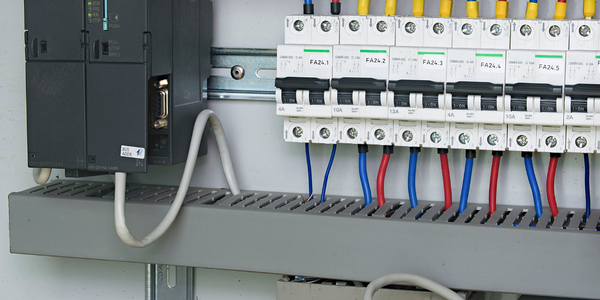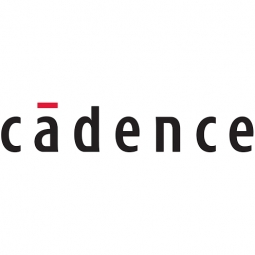Technology Category
- Analytics & Modeling - Digital Twin / Simulation
- Networks & Connectivity - RF Transceivers
Applicable Industries
- Electronics
- Semiconductors
Applicable Functions
- Product Research & Development
- Quality Assurance
Use Cases
- Digital Twin
- Virtual Reality
Services
- Testing & Certification
About The Customer
Teradyne is a company based in North Reading, Massachusetts. Since 1960, it has been a leader in providing automatic test equipment (ATE) to component manufacturers. Today, the company manufactures ATE systems for virtually every type of electronics, semiconductor, and communications application for companies worldwide. Each of these systems is designed with advanced custom chip sets. Teradyne wanted to implement a single, flexible methodology for use in its design and verification of complex mixed-signal systems on chip (SoCs), and across a wide range of other integrated circuits (ICs).
The Challenge
Teradyne, a leader in providing automatic test equipment (ATE) to component manufacturers, was faced with the challenge of improving the productivity and quality of silicon. The company designs systems with advanced custom chip sets and wanted to implement a single, flexible methodology for use in its design and verification of complex mixed-signal systems on chip (SoCs), and across a wide range of other integrated circuits (ICs). Key considerations for Teradyne were simulation capacity for very complex analog mixed-signal designs and the ability to dynamically adapt to changing design priorities. The design challenges included complex analog and mixed-signal SoC simulations and a wide variety of applications and test priorities.
The Solution
Cadence provided a solution to Teradyne’s substantial system-level requirements with comprehensive Cadence® Virtuoso® Multi-Mode Simulation technology. This technology provides designers with a complete design and verification environment for analog, radio frequency (RF), mixed-signal, memory, and SoC designs. It combines the industry’s leading SPICE, FastSPICE, RF, and analog/mixed-signal simulators in a unique shared-licensing package. Teradyne used this platform to successfully develop an extremely complex mixed-signal SoC. The functional verification of this design required numerous individual simulations, building into a single complex full-chip simulation. Cadence's flexible token-based licensing allows Teradyne to use whatever subset of simulation technology it wants at any given time, and change the mix whenever its needs change—without having to purchase the entire set of fixed licenses.
Operational Impact
Quantitative Benefit

Case Study missing?
Start adding your own!
Register with your work email and create a new case study profile for your business.
Related Case Studies.

Case Study
Remote Temperature Monitoring of Perishable Goods Saves Money
RMONI was facing temperature monitoring challenges in a cold chain business. A cold chain must be established and maintained to ensure goods have been properly refrigerated during every step of the process, making temperature monitoring a critical business function. Manual registration practice can be very costly, labor intensive and prone to mistakes.
Case Study
KINESYS Semiconductor Factory Automation Software
KINESYS Software provides both Integrated Device Manufacturer (IDM) and Original Equipment Manufacturer (OEM) customers world-class software products and solutions for advanced wafer and device traceability and process management. KINESYS offers state of the art database technology with a core focus on SEMI standards. KINESYS’ challenge was to make back-end processing failure-free and easy to use for clients while supporting licensing models more adaptable to changing industry needs.

Case Study
Predictive maintenance in Schneider Electric
Schneider Electric Le Vaudreuil factory in France is recognized by the World Economic Forum as one of the world’s top nine most advanced “lighthouse” sites, applying Fourth Industrial Revolution technologies at large scale. It was experiencing machine-health and unplanned downtime issues on a critical machine within their manufacturing process. They were looking for a solution that could easily leverage existing machine data feeds, be used by machine operators without requiring complex setup or extensive training, and with a fast return on investment.

Case Study
Cloud Solution for Energy Management Platform-Schneider Electric
Schneider Electric required a cloud solution for its energy management platform to manage high computational operations, which were essential for catering to client requirements. As the business involves storage and analysis of huge amounts of data, the company also needed a convenient and scalable storage solution to facilitate operations efficiently.









